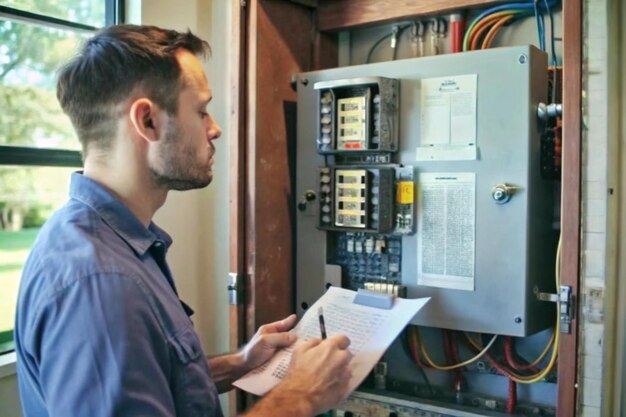Curious About Electrician Hourly Wages? Here's What You Need to Know
Electricians light up our world, quite literally. From ensuring our homes are wired safely to enabling businesses to operate efficiently, the work of electricians is indispensable. Naturally, this raises a very pertinent question: how much do electricians make an hour? Let’s dive into the details and explore avenues that enhance their financial trajectory, whether through government aid, educational grants, or other forms of support.
The Numbers Behind the Paycheck
Electricians' wages can vary widely based on factors like geography, experience, and specialization. On average, electricians in the United States earn between $20 and $40 an hour. Entry-level positions or apprenticeships may fall on the lower end of this scale, while master electricians with years of experience and certifications may command higher rates.
Geographical location plays a significant role as well. Urban areas with a higher cost of living, like New York City or San Francisco, tend to offer higher wages compared to rural areas. Additionally, specialists in fields like industrial or commercial electrical work often see increased earnings.
Factors Influencing Earnings
- Experience & Certification: As with many professions, more experience typically equals higher pay. Obtaining certifications or licenses, like becoming a master electrician, can significantly bump up hourly rates.
- Location: Urban vs. rural and cost of living considerations heavily affect wages. Demand for electricians in growing areas can result in increased pay.
- Industry & Specialization: Electricians working in high-demand sectors such as renewable energy or industrial maintenance will often command higher wages.
Boost Your Income: Educational & Financial Opportunities
For electricians looking to maximize their earning potential, exploring educational upgrades can be beneficial. Pursuing certifications or specializations can open doors to higher-paying opportunities.
Educational Grants & Aid for Electricians
Government aid and educational grants can help aspiring or current electricians lower the cost burden of further training. These supports can come in the form of:
- Pell Grants: Available for those with financial need, these grants can help cover the costs of post-secondary education without the need for repayment.
- Apprenticeship Programs: Often subsidized by the government or industry organizations, these programs provide on-the-job training while earning an income.
- State-Specific Grants: Some states offer specific funding or incentives for those entering the trades, including electrical work.
Financial Help for Managing Expenses
Managing finances effectively can be just as crucial as increasing income. There are practical solutions to ensure financial health:
- Debt Relief Programs: These programs can help manage or reduce existing debt burdens, making it easier to invest in further training or tooling.
- Credit Card Solutions: Strategic use of credit cards with low-interest rates or special offers can provide much-needed financial flexibility.
Why Supporting Your Career Growth Matters
Investing in further education or training not only opens up higher wage opportunities but also ensures long-term career stability. Electricians form the backbone of modern infrastructure, and their expertise will continue to be in demand as new technologies and green energy initiatives expand.
Here's a quick look at some essential resources to support financial and educational growth as an electrician:
- 📚 Grants for Technical Training
- 💡 Government-Sponsored Apprenticeships
- 📊 Local & State Educational Aid
- 💳 Low-Interest Credit Solutions for Tools/Equipment
- 💼 Debt Management & Relief Programs
By understanding the financial landscape and strategically taking advantage of educational and financial opportunities, electricians can not only secure a steady income but also elevate their earning potential, ensuring a bright future in a critical and dynamic field.

